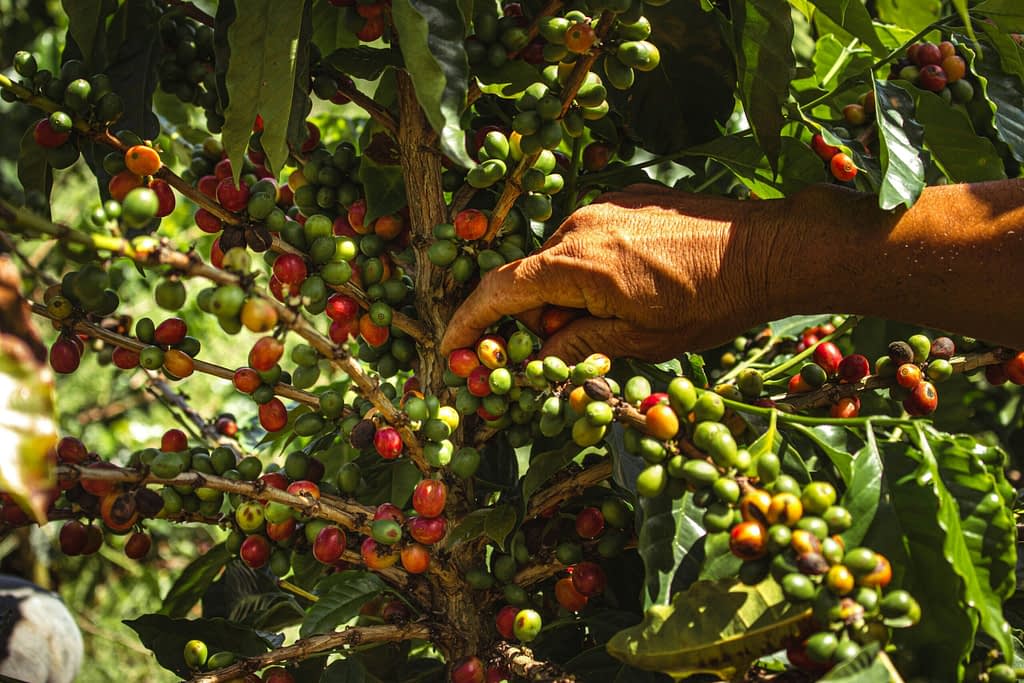Uganda is experiencing significant export growth despite losing preferential access to US markets. According to a top presidential adviser, the East African country exported coffee and other goods worth approximately $8 billion in 2024, nearly double the amount from two years ago.
Independence from Foreign Decisions
“In Uganda, we’ve learned to live with unilateral decisions often made by other countries, especially the US,” said Odrek Rwabwogo, President Yoweri Museveni’s adviser on trade and industry. “Last year, they woke up and said: ‘No more AGOA.’ But we increased our sales of roasted coffee in some of the major US cities.”
Uganda lost the benefits of the African Growth and Opportunity Act (AGOA), which allows duty-free entry of goods from more than 30 sub-Saharan African countries into the US market. This occurred after President Museveni signed legislation imposing severe penalties for certain homosexual acts. The World Bank and other donors froze new loans in response.
Export Development Strategy
To strengthen demand for its products, Uganda has:
- Conducted a series of surveys and appointed trade representatives in key export destinations
- Organized farmers into cooperatives for more effective sales and marketing
- Arranged export credit guarantees
- Improved transport infrastructure to eliminate logistical obstacles
Market and Product Diversification
While coffee and gold make up the majority of Ugandan exports, the government is working to diversify its trade portfolio by increasing sales of:
- Dairy products
- Vanilla
- Avocados
- Pineapples
- Chili peppers
Uganda is also trying to gain a stronger position in other markets, especially in Europe and the UK – this effort was underscored by the introduction of direct flights by the national airline to London last week.
Approximately 45% of Uganda’s exports go to East and Central African countries, while China and India are among its largest trading partners. Museveni’s administration is also seeking to attract investment from the Middle East to reduce its dependence on traditional funding sources.
Infrastructure and Oil Industry Investments
Investors from the United Arab Emirates are preparing to begin construction of a new airport near the eastern border with Kenya, which will target tourists visiting wildlife parks in the area. According to Rwabwogo, three additional new airports are planned.
Meanwhile, Uganda expects to begin commercial oil production in 2027 and has signed an agreement with Alpha MBM Investments LLC to jointly develop a 60,000 barrel-per-day oil refinery, with a view to exporting fuel to the region.
The future of Ugandan trade thus remains promising despite international obstacles, offering opportunities for regional development and international investment.




